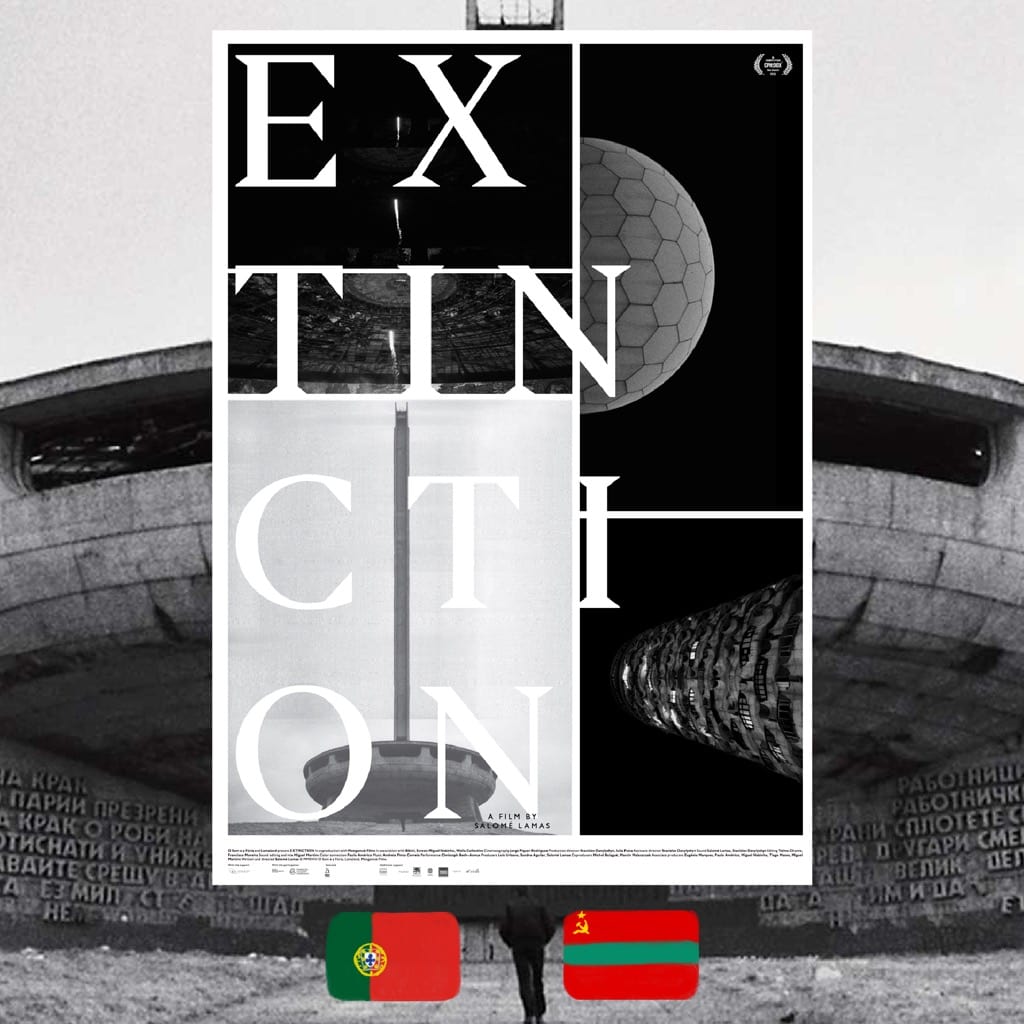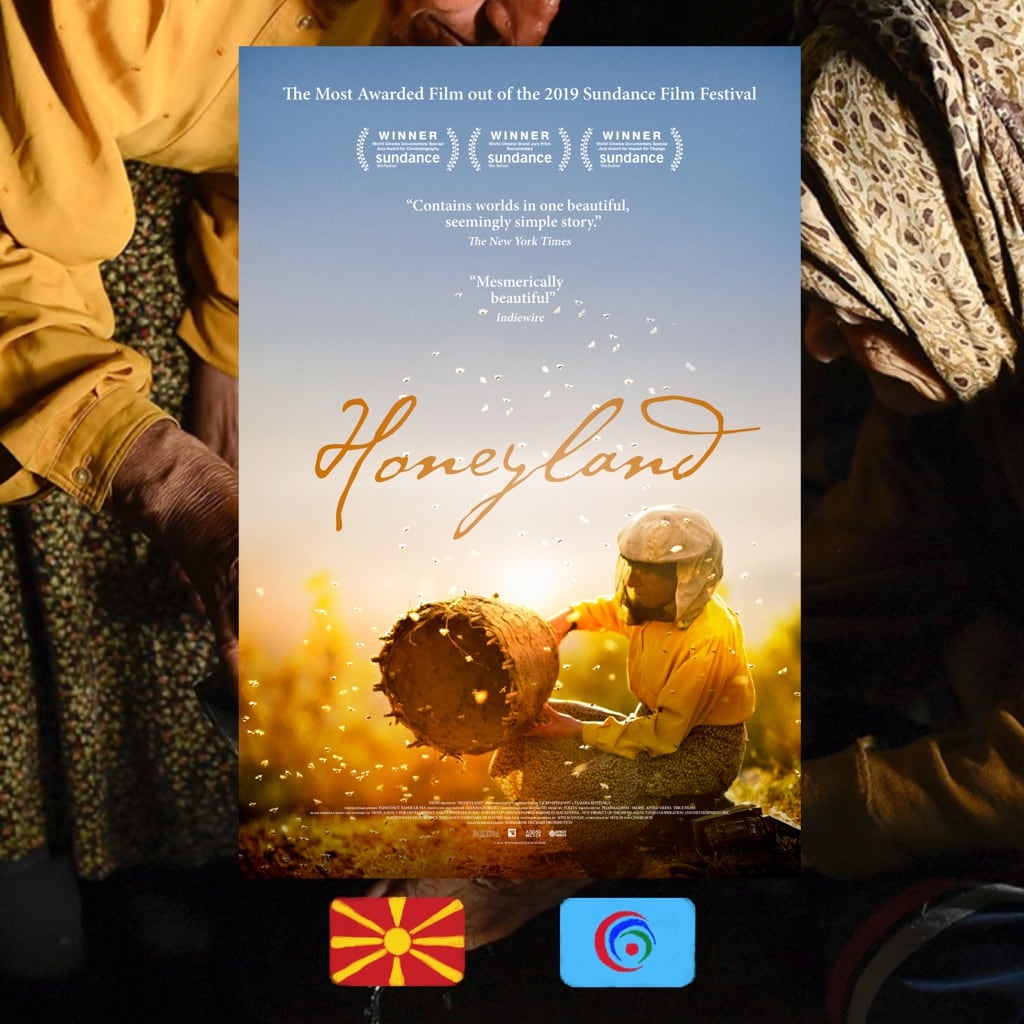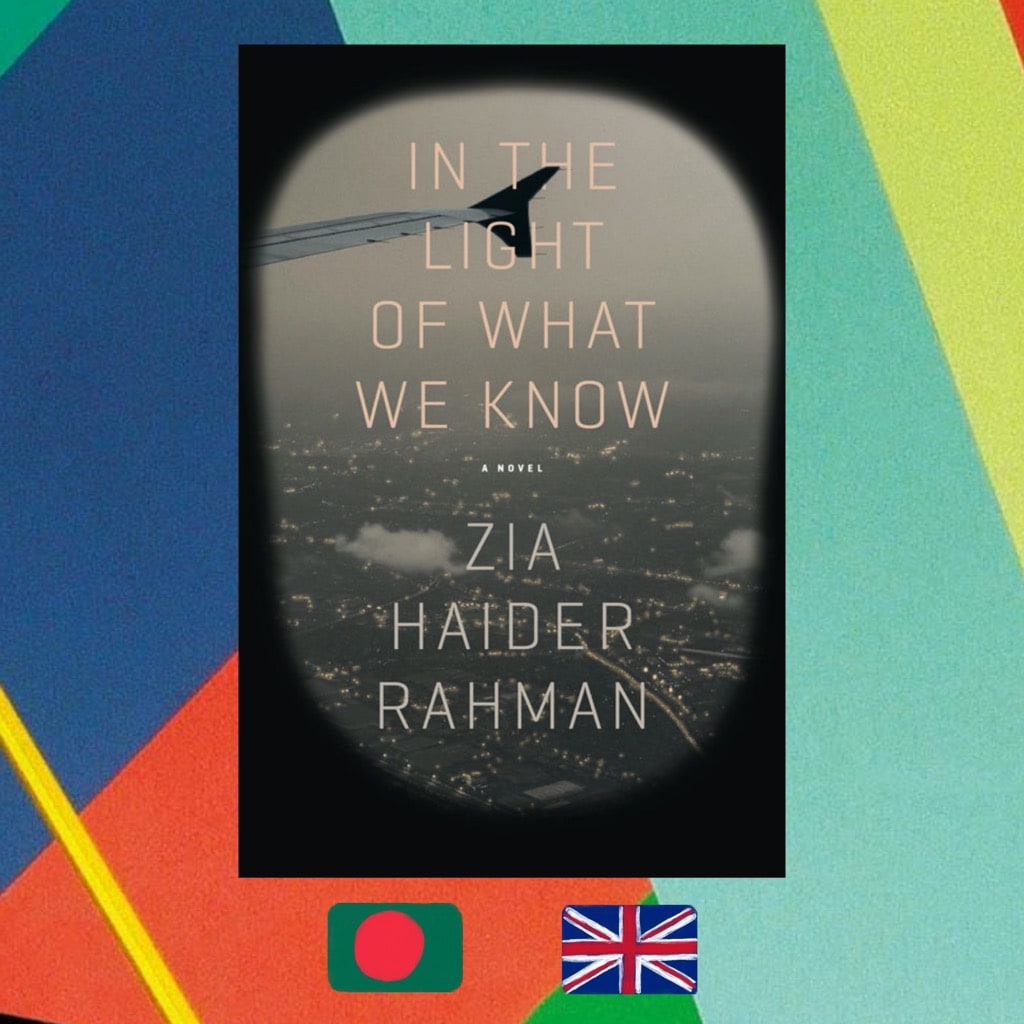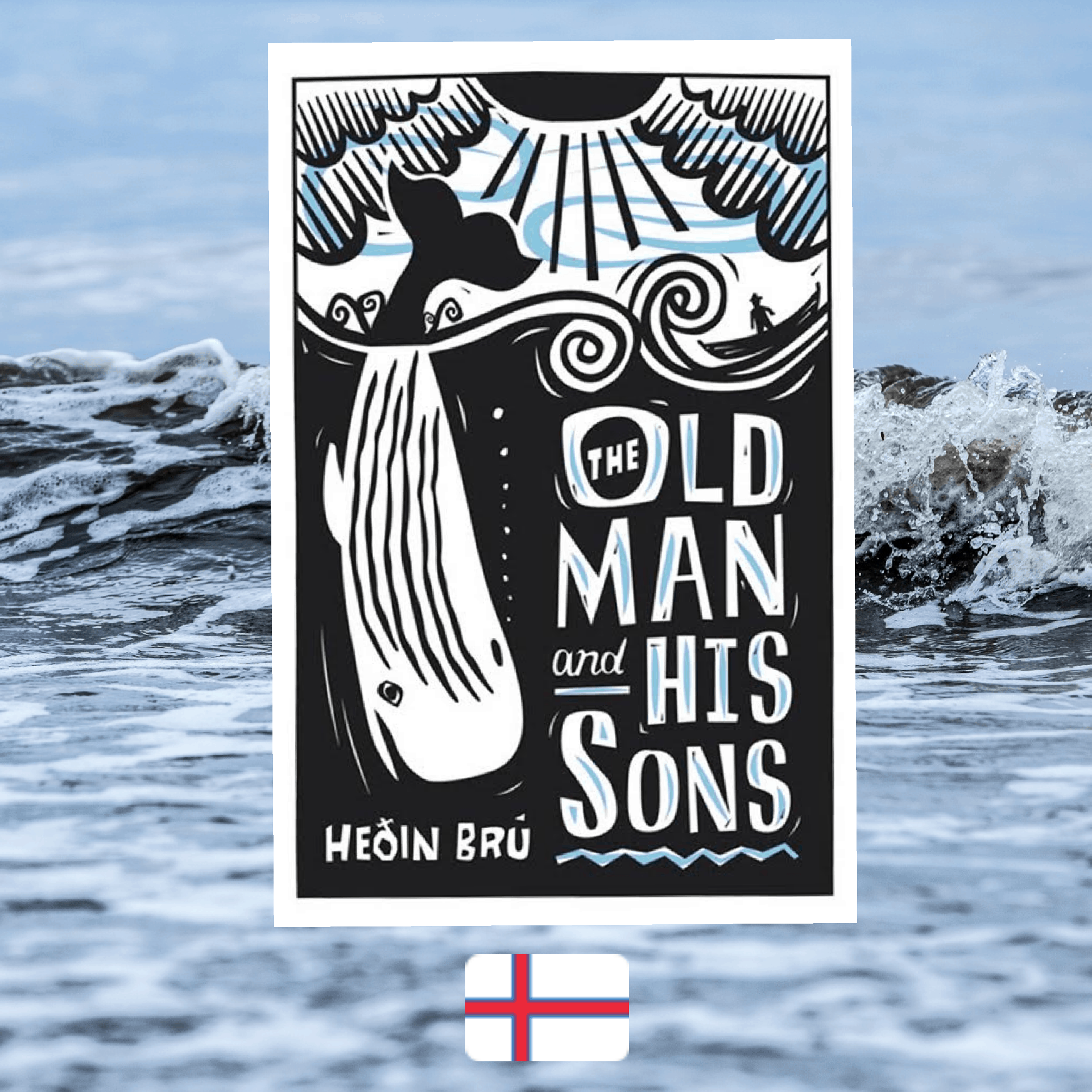A meticulous fictional inquiry into the incendiary social politics of Parisian suburbs in feature debut from a man who has experienced the 2005 Paris uprising in his backyard
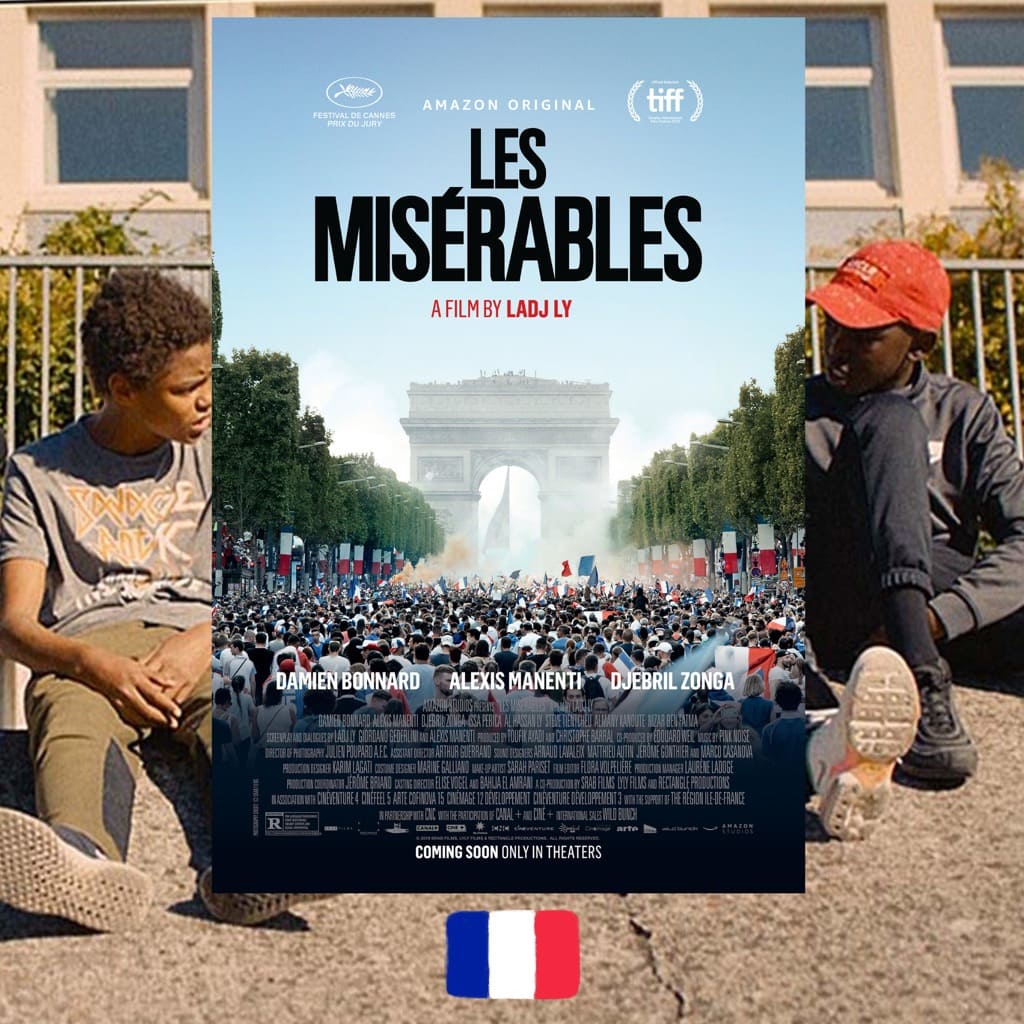

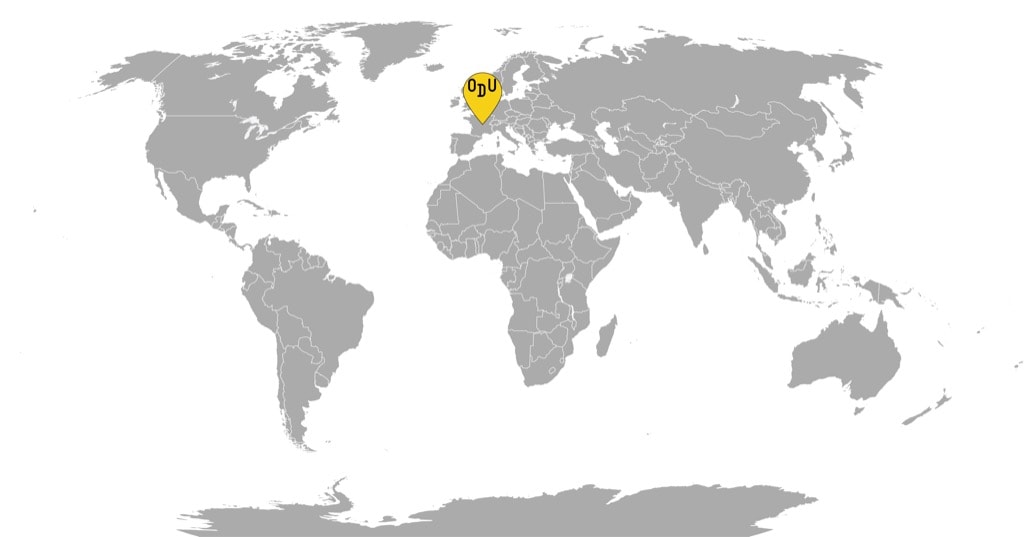
FROM FRANCE
WHAT IT’S ABOUT: Stephane, a brooding corporal, transfers to a new police department to be closer to his son and becomes part of a unit patrolling the streets of Parisian suburb of Montfermeil. His teammates are Chris, who is so macho he even embraces his nickname “Pink Pig,” and Gwada, a younger man of African ethnicity, who complies with Chris in othering the black and Arab population they’re policing. Nicknamed Greaser and initiated into the many minor brutalities with which the policemen taunt the citizens, Stephane, who is used to a calmer neighborhood, starts to question the unit’s racist practices. A childish prank raises a threat of violence between the Roma and African communities, and the three cops pursue the suspect, a young boy named Issa, whose troubles in the streets have marginalized him both to the authorities and his own family. During the chase, one of the cops severely injures Issa, but it’s not only Stephane who looks on bewildered: a drone that belongs to a nerdy local kid Buzz happens to film the attack. As the policemen try to cover up their crime and begin the pursuit of Buzz and his memory card, the film leads the viewer around the many strongholds of the area. From a local mayor to a drug dealer who’s willing to cooperate with the police and the reformed criminal who runs a masjid out of his kabob joint. As the agents of power grapple over influence, the children bear the brunt of entangled systems, and the already volatile environment is kindled for revolt.
WHO MADE IT: Ladj Ly was born in Mali but grew up in Montfermeil, a son of working-class immigrants. His first experiences with a camera were filming police officers overstep their boundaries, after becoming inspired by a chance encounter with the son of Costa-Gavras. Allusions to these early practices are sprinkled throughout “Les Misérables,” along with the other experiences Ly had lived through. Ly’s public career kicked off during the 2005 uprisings when he made a documentary short outlining the events leading to the riots from the points of view of rebels and the police alike. Ly is deeply immersed in the life of Montfermeil and has even been convicted in some offenses, which the far-right press in France has tried to weaponize against him. In fact, such background makes Ly’s voice all the more valuable, as people, especially people of color, with histories of convictions very rarely get to make films. Currently, in addition to his own creative pursuits, Ladj Ly runs a free film school Kourtrajmé, which allows those without access to prestigious education to learn the ropes of filmmaking.
In 2017, Ly co-wrote a screenplay for a short film along with aspiring actor Alexis Manenti, which later became the first, 16-minute long version of the current film, for which Chilean Giordano Gederlini joined the two. The project retained many crew members in its transfer to the long-form, and the three cops were played by returning actors: Manenti himself appearing as Chris and striking beginner Djibril Zonga playing Gwada. Damien Bonnard, who had appeared alongside Angelica Huston and had a role in “Dunkirk,” plays Stephane, whose character evolved from one film to the next, and is a fascinating case study of an actor’s development. It seems like Issa Perica, who plays his namesake with heartwrenching conviction, also made a minor appearance in the short, although I might be mistaking, and it also seems like the two films share a haunting electro score by Pink Noise. What’s for sure is that the memorable Nizar Ben Fatma reprised his role as a sketchy honcho. At the same time, the longer film was also enhanced by new, remarkable additions, including actor Steve Tientcheu as the mayor, civil rights activist Almamy Kanouté as the spiritual leader Salah, newcomer Raymond Lopez as the circus proprietor Zorro, and Ly’s son, Al-Hassan Ly, as the drone operator, Buzz.
WHY DO WE CARE: I’m a big fan of Bertrand Tavernier’s social dramas, namely, “L.627”, which juxtaposes the xenophobia of law enforcement with the disenfranchisement of the French-African communities in the suburbs. Watching it, I ached for a revival of the same gritty, yet human depiction of life in the banlieues, but with a more significant emphasis on race and ethnicity and more centered around characters of color. When I saw “Les Miserables”, I knew that my wish came true—at least, to some extent, as I hope that “Les Miserables” will be the first in a line of many films, not merely a one-off token. Both thematically and narratively a descendant of “L.627”, Ladj Ly’s films also uses the point of view of a recently transferred cop to offer distance in the exploration of the harsh realities of Montfermeil and its policing. However, it doesn’t become merely the story of Stephane, as the narrative whirs over the suburb, like the drone itself, and offers brief but intimate looks into the lives of the film’s many characters. It’s a vast cast, and the under two-hour span of the movie doesn’t allow for an excessive dwelling on either of its members, but the sketches that emerge are complex, incisive, and thought-provoking. Because of the film’s name and the fact that Montfermeil was where Victor Hugo wrote his novel, some critics seem disappointed that the film’s plot doesn’t engage with the book more. I, on the other hand, was relieved to find that the novel is only referenced tangentially: while definitely relevant, “Les Misérables” is still a product of its times, and attempts to attach to it to contemporary events can be reductive and trivializing. Ly has enough imagination and experience not to have to rely on a tired crutch.
WHY YOU NEED TO WATCH: In making his feature debut, Ladj Ly wanted to give voice to those who like him inhabit the world of the superblocks, where crime and policing are engaged in a contest to ruin young lives. But to look at this world through the eyes of only one side is not as interesting as what he presents in his Greek chorus of the disaffected. Some critics in the US felt like the narrative in “Les Misérables” was too generous to the policemen, and leaned too much towards the justification of “blue lives.” This doesn’t seem fair, especially coming from a landscape that popularized endless dramas fetishizing police work. Police officers are not anomalies that occur in a vacuum, they, too, can come from migrant families, or underprivileged households. But it’s the way power is granted in local systems that despite sharing the same humble backgrounds some may become convinced that their lives matter more. Ladj Ly understands that too well, having himself gone through the pipeline, and he doesn’t want to make a simple cut and dry story of victimization. Instead, he seeks to portray the many facets that make the drama of growing up poor, black, migrant, Muslim, the other, so poignant and incendiary. The film ends unexpectedly in a reclamation of the conclusion by an avenging force, and the sheer horror, spectacle and raw power of the closing scenes are much more telling of the injustices in our society than the hamfisted, grotesque riot scenes in “Joker”. As we come closer to the 2020 Oscars, and excessive credit is given to corporate filmmaking for trying to reclaim the social struggle, listening to the beat of society’s heart becomes increasingly essential. Ladj Ly is happy to be the conductor on this journey, as long as the viewer puts faith in not being offered instant solutions, but instead reliving the anguish of existence in the loaded landscape of inner-city France, and the constant erasure of humanity it brings. “Les Misérables” begins with the nation pulsating as one in celebration of the national team’s win in the 2018 World cup. It ends with divisions so wide; it seems like they’ll never be reconciled. And it’s this sharp ability to summarize nationhood in the 21st century that makes Ladj Ly one of Frances, and the Western world’s most essential filmmakers today.
Les Misérables, 2019
Director: Ladj Ly
For more content like this sign up for our weekly newsletter
WATCH THE TRAILER



